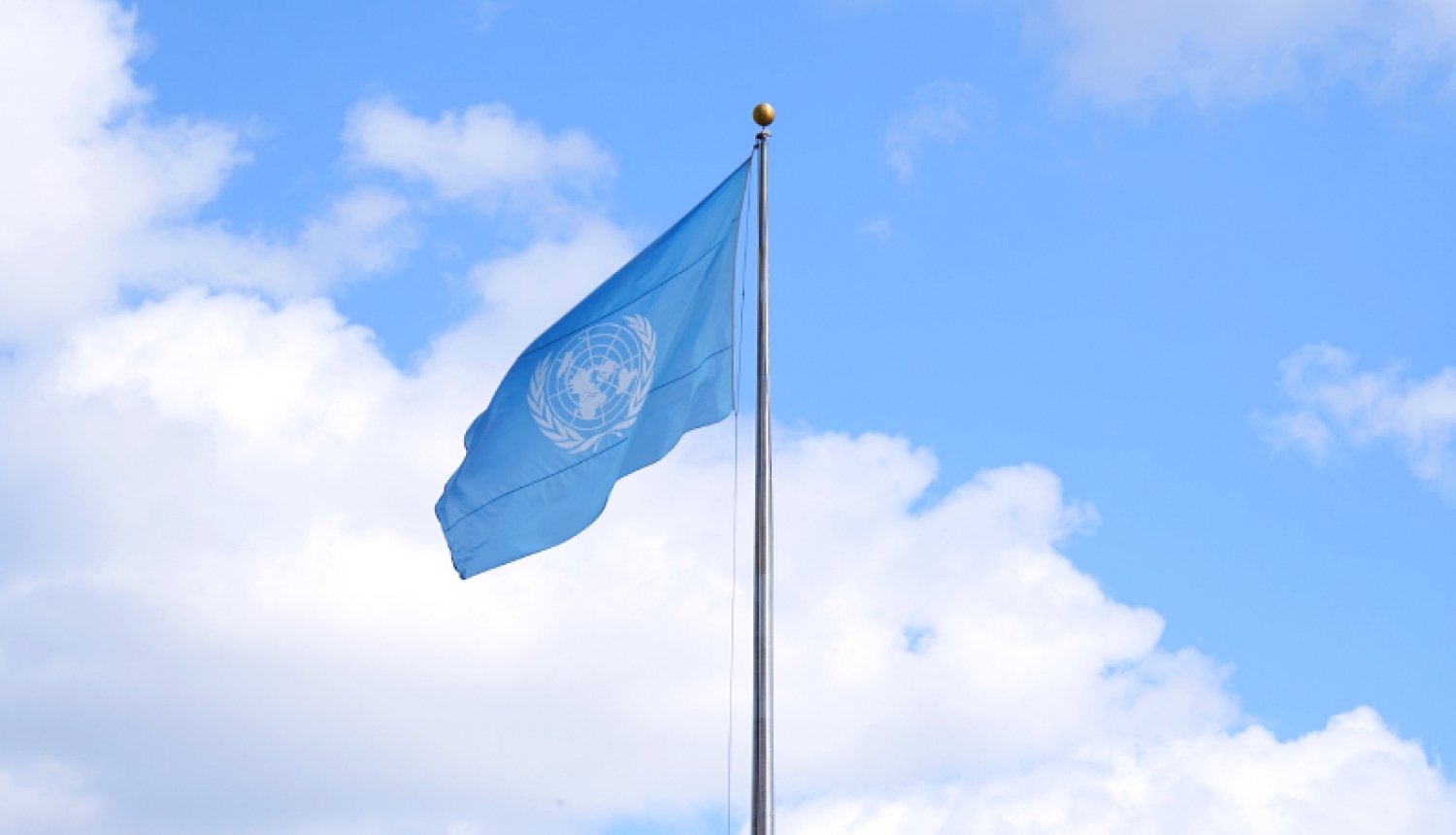“Russian authorities have committed enforced disappearances and torture of the Ukrainian civilian population. Those crimes were perpetrated as part of a widespread, systematic attack and pursuant to a coordinated state policy, and therefore constitute crimes against humanity,” the United Nations Independent International Commission on Ukraine has established. The Commission is to present its report to the UN Human Rights Council in Geneva on 19 March 2025.
❗ The livestream of a discussion on the Commission’s report at the UN Human Rights Council can be watched on the UN Web TV site starting from 10.30 EET on 19 March.
Conclusions of the Commission’s most recent report to the UN Human Rights Council
- Russian authorities had detained civilians for prolonged periods of time, transferred them to detention facilities in areas temporarily occupied by Russia or deported them to the Russian Federation, and systematically refused to provide information about the detainees to their families. A number of those detained died or were killed during that time. Displacement and deportation of civilian population is a war crime. In addition, Russian authorities have perpetrated other crimes, including wilful killings, torture, sexual violence, and forced labour.
- With most victims of enforced disappearances being men of fighting age, it was usually women who, while seeking refuge, searched for their missing male relatives and, in addition to working and caring for their children and loved ones, have had to invest considerable financial and time resources and overcome bureaucratic hurdles and the deliberate and collective policy of concealment of information by the Russian authorities. Often, in their search efforts, the women themselves became victims of sexual violence.
- Russian authorities applied torture in a coordinated manner and according to a division of labour among the entities involved. The most brutal forms of torture were used during interrogations. The Commission points to the Federal Security Service and the Investigative Committee directly answerable to the President of Russia as the entities ordering and carrying out torture. Further on, orders were also passed down to the Federal Penitentiary Services and the Russian Armed Forces.
- On earlier occasions, the Commission had already documented the use of sexual violence as a form of torture mostly against male detainees. In the present report, the Commission focuses on the perpetrators’ treatment of women – humiliating them emotionally and degrading physically, causing serious damage to their health, and an indelible psychological harm.
- The brutality of Russian authorities also manifested itself on the battlefield. The Commission established that Russia’s armed forces had received orders not to take prisoners and had perpetrated war crimes by killing the wounded and captured soldiers, as well as those who surrendered.
At the conclusion of its report, the Commission sets out ten recommendations to Russia: among other things, to cease aggression, end the use of torture, prevent sexual violence, end enforced disappearances and transfers and deportations of civilians, end killing of wounded soldiers, ensure that the perpetrators of crimes are held accountable.
The Commission recommends that UN Member States and organizations strengthen judicial and non-judicial accountability mechanisms, as well as providing support for the rehabilitation and reintegration of victims.
The Interactive Dialogue with the Commission will include a statement by 25 EU Member States, a statement by the Baltic states and Nordic countries (NB8), and a statement by the Group of Friends of Accountability for the Aggression Against Ukraine. In all those statements, Latvia will strongly condemn the atrocities committed by Russia.
At the conclusion of its 58th session in early April, the UN Human Rights Council is expected to adopt a resolution sponsored by Ukraine to extend the mandate of the UN Independent International Commission of Inquiry on Ukraine for another year.
The Commission received its mandate in 2022, and has since submitted three reports to the UN Human Right Council and three reports to the UN General Assembly. The Commission is carrying out a very important work by collecting and documenting evidence of the violations of international law perpetrated by Russia.




